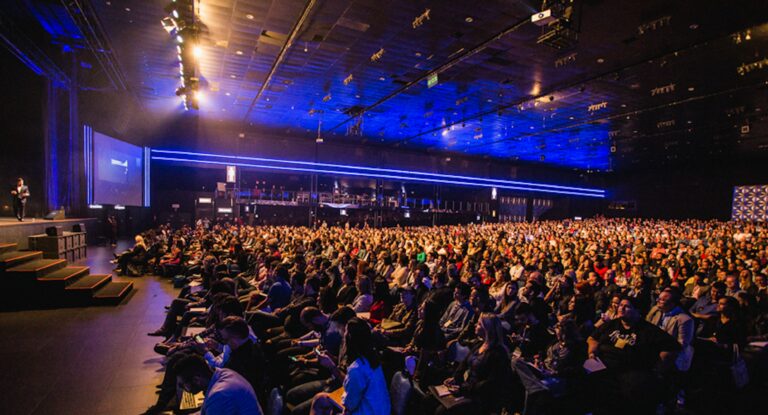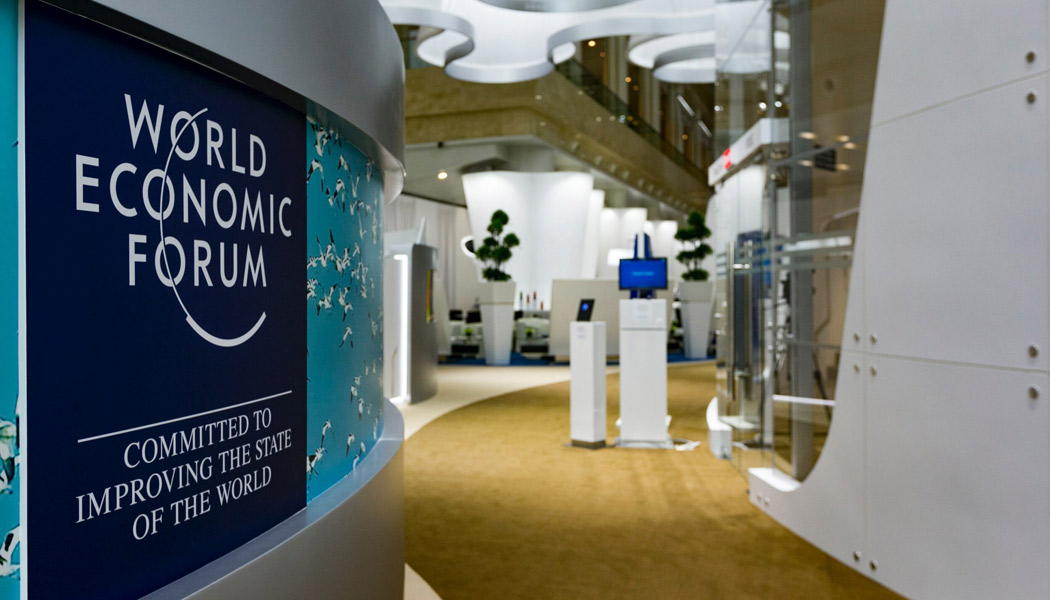
What’s Next for the Events Industry?
Given the changes the industry has seen over the course of the pandemic, the future of the industry is by no m...

Environmental and Social Governance (ESG) rules, the set of standards for a company’s behaviour used by socially conscious investors to screen potential investments, could be about to have a big impact on the events sector.
The weight of our large financial and global institutions is getting heavier, as anyone paying attention over the past few years can attest.
Few, however, will have paid attention to what these corporate behemoths – namely various NGOs, the World Economic Forum, the UN and BlackRock – are edging businesses towards.
We won’t get bogged down with the details of the guidelines for MSCI Fund ESG Quality Scores – it’s positively labyrinthine! But suffice to say, if BlackRock is implementing Environmental and Social Governance (ESG) scores across mutual funds, this means that the age-old metrics of valuing businesses – profit, turnover, etc – are now set to sit alongside and perhaps be coupled with sustainability and social metrics.
Because when BlackRock and the World Economic Forum speak, the events industry must listen...
As big business moves, the ripple-effect will sweep you with it. The onus on SMEs – that make up most of the event industry – is arguably more urgent than it is for big businesses who already have the legal, HR and administrative frameworks in place to adapt.
However, here are some pointers that will put you in good stead:
Having proof of what you are doing, from a social or sustainable perspective, is crucial, whatever stage you are at in the process. Without benchmarking where you’re at now, how can you track your improvements?
Physical events have a raft of measures to make them far greener. However, just because your event is physical, that doesn’t mean you shouldn’t digitise as many of its metrics as possible. It’s important to be frank, however, and events that require extensive global travel will likely be viewed unfavourably.
Physical events have a raft of measures to make them far greener. However, just because your event is physical, that doesn’t mean you shouldn’t digitise as many of its metrics as possible. It’s important to be frank, however, and events that require extensive global travel will likely be viewed unfavourably.
Physical events have a raft of measures to make them far greener. However, just because your event is physical, that doesn’t mean you shouldn’t digitise as many of its metrics as possible. It’s important to be frank, however, and events that require extensive global travel will likely be viewed unfavourably.
Virtual certainly isn’t right for all events, but extending your event’s lifecycle to an ‘always-on’ model is surely the future. Creating virtual meetings and seminars on the back of your physical event gives provable data to show you’re creating green alternatives to high CO2 events. Virtual and physical events must grow together, sustainably, and platforms which provide measurable feedback under one ecosystem allow for unprecedented control.
The Social element of ESG is noteworthy. Look at the profile of your business and seek to produce a collaborative, diverse workforce, while considering projects that reach out to your community and beyond. Virtual is a powerful tool here, allowing you to open up to the world and cover topics that suit intimate, carefully-curated audiences.
Adhering to ESG rules might seem burdensome, but with it comes unparalleled opportunities to grow your business in an exciting, futureproof direction that’s truly conducive and complementary to traditional financial measurement. The more digital integration you allow, the better your data, targeting and monetisation potential will be.
Thinking in terms of ESG will bring more benefits to your events and your business. Don’t get left behind.
Our specialists will help you build your ideal engagement platform.
020 7700 3632 hello@wearetotem.io 8 Hornsey Street